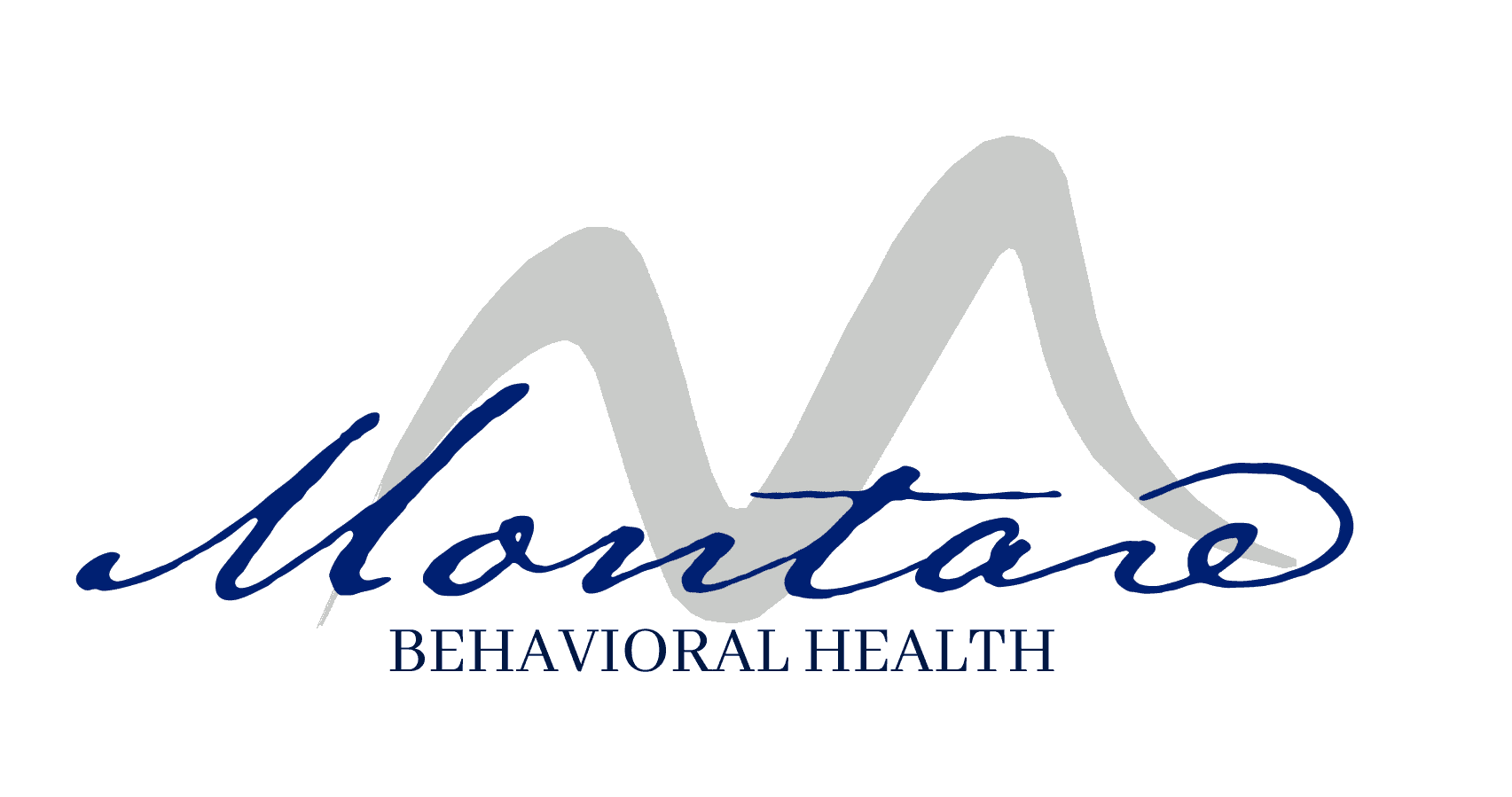The symptoms of schizophrenia shown in many fictional films and television shows make it look like the individual’s life is out of control and they are always dangerous. While the severity of schizophrenia varies per person, structured care from mental health professionals allows them to manage many of their symptoms.
Montare Behavioral Health in Tucson created a program to treat the signs of schizophrenia to help people stop feeling controlled by their illness. Our compassionate and skilled staff uses proven therapies and methods that help people identify their behaviors and ease many of them. Our residential program takes place in a homelike environment that our residents find cozy. We partner with them to help them improve their mental health and feel more empowered in their lives.
What is Schizophrenia?
Schizophrenia is a mental health disorder classified as a psychotic disorder. It is a chronic condition that cannot be cured, but the symptoms of schizophrenia can be managed with proper treatment. A psychiatrist or other mental health professional will administer a thorough exam to determine if a person has schizophrenia. This helps them formulate a plan for effective treatment.
Schizophrenia causes a person to have symptoms that often keep them from being in touch with reality. They may have difficulty communicating, understanding things, thinking clearly, and acting in appropriate manners. The person may not understand they have an illness and may not seek help.
What are the Symptoms of Schizophrenia?
The symptoms of schizophrenia vary some in their categories and when they first surface. Not everyone has the exact same symptoms or ones that share the same level of severity. The signs of schizophrenia can be divided into the following four categories.
Early Symptoms of Schizophrenia
Someone who has schizophrenia usually exhibits the early signs of it as a teenager or in their early 20s. The disorder can be difficult to identify at this stage because many people confuse it with the rebellious acts or moodiness of young people. Early symptoms of schizophrenia include:
- Easily irritated
- Isolating
- Change in sleep pattern
- Anxiety
- Trouble thinking and concentrating
- Schoolwork begins to suffer
Positive Symptoms of Schizophrenia
Some of the symptoms of schizophrenia are divided into positive and negative categories. Positive symptoms usually only occur with someone who has schizophrenia, rather than other less severe types of mental health disorders. They include:
- Hallucinations
- Delusions
- Disorganized thinking
- Abnormal motor behavior
Negative Symptoms of Schizophrenia
Negative symptoms of schizophrenia have to do with how a person behaves and feels and the level of their abilities. They include:
- Lack of interest in activities or relationships
- Speaking less often
- Isolating
- Easily losing interest in plans and activities
- Emotional responses to stimuli that don’t make sense
- Acting and reacting without emotions
- Poor personal hygiene
Cognitive Symptoms of Schizophrenia
Cognitive symptoms of schizophrenia have to do with how a person thinks and functions mentally. Common signs include:
- Often forgetting things
- Difficulty learning and retaining new information
- Changing topics frequently
- Trouble making sensible decisions
What are the Causes of Schizophrenia?
Anyone experiencing signs of schizophrenia will wonder what caused them to develop the disorder. The answer can vary per person. During an initial assessment to diagnose schizophrenia, a person’s genetic history, background, and other specifics will be discussed. Not everyone will be able to determine why they have schizophrenia, but they can still benefit from a multi-disciplinary treatment program.
Risk Factors for Schizophrenia
If someone has a family history of schizophrenia, it increases their chances of developing the disorder. As well, abnormalities in a person’s brain chemistry can contribute to having the disease.
For many people, a chaotic background can contribute to schizophrenia. This includes experiencing complications during the person’s birth or while in utero or having lived through traumatic events during their childhood. Finally, people who have a history of substance use disorders can increase their chances of developing schizophrenia.
Is There Treatment for Schizophrenia?
While schizophrenia is a lifelong illness, the right treatment program can help people manage some of their symptoms and function more independently. Cognitive Behavioral Therapy helps the individual understand the connection between their thoughts and emotions and the resulting behavior. This allows them to make better choices or view things through a more realistic lens in many cases.
Family therapy can also help a person because so often schizophrenia is misunderstood by family and close friends. A therapist educates a designated group of family members about what the disorder is like and how best to support their loved ones.
Social skills training that includes occupational lessons helps people function better in groups and on their own. This includes learning how to interact positively with others, improve communication skills, and take care of personal hygiene and health concerns.
Contact Montare Tucson to Treat Schizophrenia
Do you have signs of schizophrenia or know someone who does? It can be confusing to know where to turn to get evidence-based care that increases a person’s ability to function in the world. Montare Behavioral Health in Tucson recognizes the symptoms of schizophrenia and teaches people how to gain a measure of control previously missing from their lives.
Contact us now to find out how to get enrolled in our program. We can answer any questions you have and provide a free insurance verification.
Published: 11/12/2024


